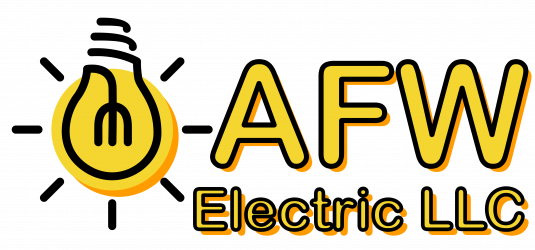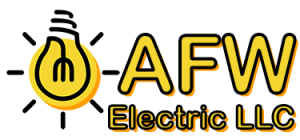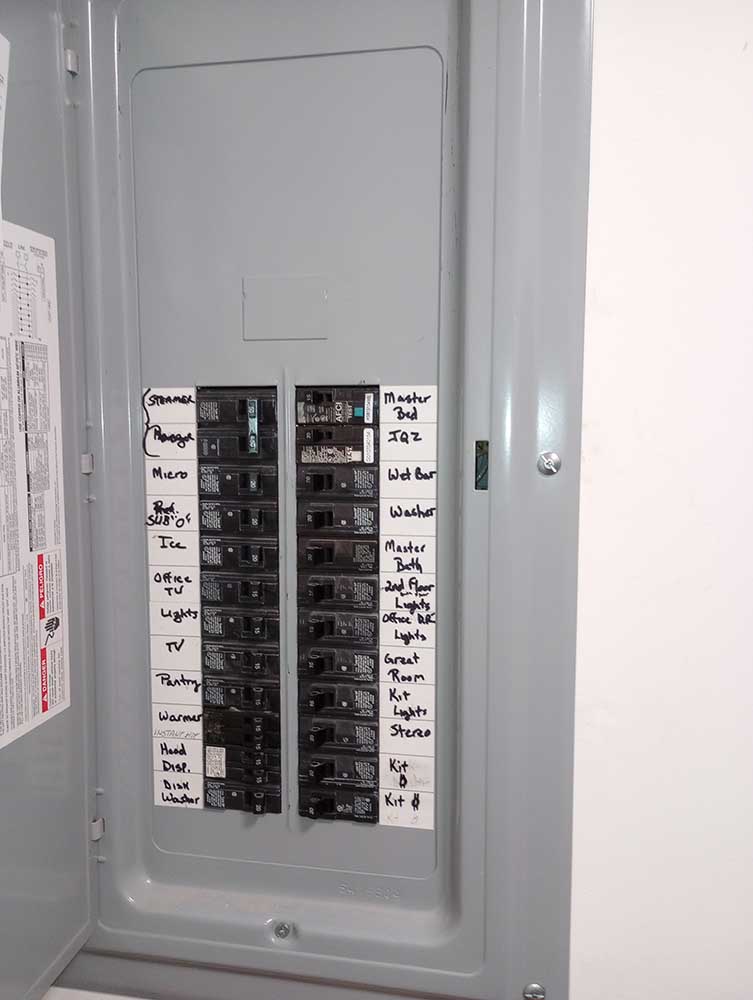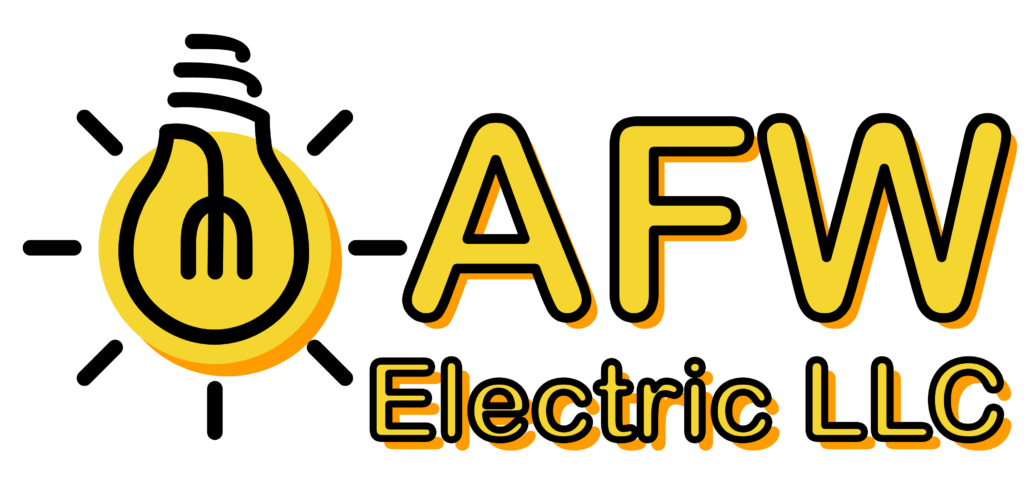
Understanding Your Home's Electrical Panel
Your home’s electrical panel is like the heart of your body; essential yet often unnoticed until a problem arises. This panel, also known as a breaker box, regulates and distributes electricity throughout your home. Understanding your electrical panel is crucial for ensuring the safety and efficiency of your daily life.
Anatomy of an Electrical Panel
Key Components and Their Functions The electrical panel is the epicenter of your home’s electrical system. It consists of several key components:
- Circuit Breakers: Control electricity flow and trip to prevent overloads.
- Main Switch: Shuts off power to the entire house in emergencies.
- Bus Bars: Conduct electricity to the circuit breakers.
- Neutral Bar: Grounds unused electricity safely.
- Service Connectors: Connect the panel to the external power grid.
Understanding these components helps recognize the importance of your electrical panel. It’s not just a box with switches; it’s a carefully designed system ensuring safe electricity distribution throughout your home.
Importance of Regular Maintenance Regular maintenance of these components is essential. Dust, debris, and general wear and tear can impact their efficiency. Simple observations like ensuring the panel door closes properly and listening for unusual sounds can be crucial in early problem detection.
Signs of Potential Issues Be alert to signs like rust on the panel, a burning smell, or unusual noises. These indicators signal that your electrical panel needs attention. Addressing these signs promptly can prevent more serious problems.
Understanding Electrical Panel Safety
Role of the Electrical Panel in Safety The electrical panel is crucial for preventing overloads and short circuits, which can lead to electrical fires or damage to your appliances. Each circuit breaker in the panel is designed to handle a certain amount of electricity and trips if this limit is exceeded, cutting off power to that circuit.
Importance of Regular Inspections Regular inspections ensure the safety mechanism functions correctly. Over time, connections can become loose or breakers can wear out, diminishing their effectiveness. Warning signs include breakers that trip frequently or refuse to stay reset, a panel that feels hot to the touch, or any visible damage.
Installation of Safety Devices Installing Ground Fault Circuit Interrupters (GFCIs) and Arc Fault Circuit Interrupters (AFCIs) enhances safety. GFCIs protect against electric shock, while AFCIs protect against fires caused by arcing faults. These devices are especially important in areas prone to moisture, like bathrooms and kitchens.
Signs It’s Time for an Electrical Panel Upgrade
Recognizing the Need for an Upgrade Your electrical panel may not last forever, and there are certain signs that indicate it might be time for an upgrade:
- Age of the Panel: If your home is over 20 years old and still has its original panel, it may not be equipped to handle modern electrical demands.
- Frequent Tripping: If breakers trip regularly, it’s a sign that your panel is struggling to handle your home’s electrical load.
- Buzzing Sounds or Burning Smell: Clear indicators of a potentially serious problem within your panel.
Benefits of Upgrading Your Electrical Panel Upgrading your electrical panel is more than a routine update; it’s a crucial investment in your home’s safety and functionality. Here are the key benefits:
- Enhanced Safety: A modern electrical panel reduces the risk of electrical fires and other hazards.
- Increased Capacity: Older panels may not support modern appliances and devices. Upgrading ensures that your system can accommodate current and future needs.
- Improved Energy Efficiency: Newer panels are more efficient and can help reduce energy waste, potentially lowering your electricity bills.
- Home Value Increase: An updated panel signals to potential buyers that the home is safe, up-to-date, and ready for modern living.
Professional Help vs. DIY When it comes to electrical work, especially upgrading an electrical panel, professional help is invaluable. DIY attempts can be dangerous and may lead to costly errors or serious injuries. Professionals have the knowledge and tools to ensure the job is done safely and correctly.
- Safety Risks: Electrical work requires specialized knowledge. Mistakes can result in electric shock, fires, or damage to your home’s electrical system.
- Permits and Codes: Electrical work often requires permits and must adhere to local building codes. Professionals are familiar with these regulations.
- Quality of Work: Professional electricians have the training and experience to perform high-quality, reliable work.



